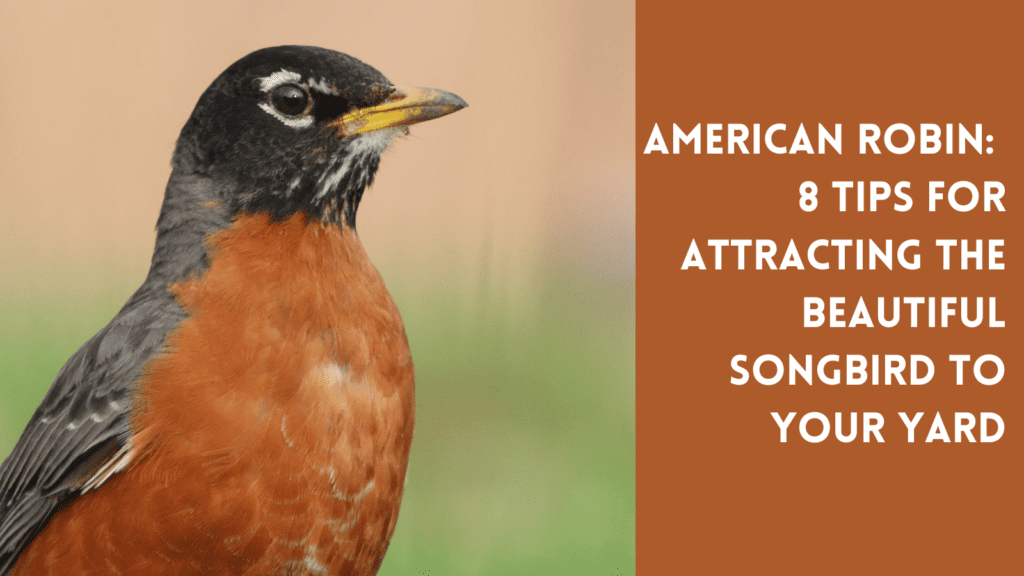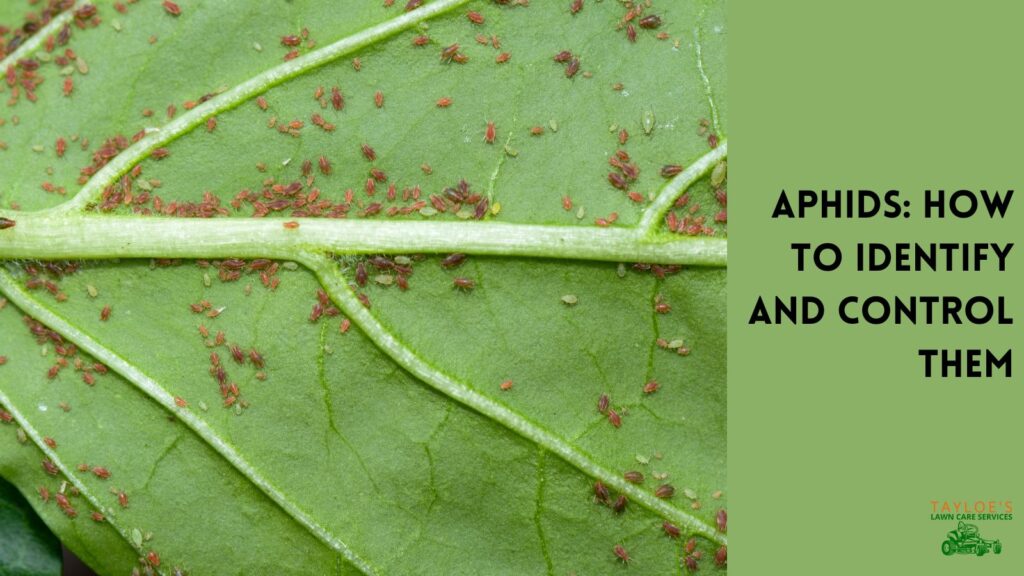Last Updated on: 12th December 2025, 12:44 pm
The antics of a squirrel are equally charming and frustrating.
Squirrels are undoubtedly charming creatures, with their playful antics and fluffy tails adding a touch of liveliness to any outdoor setting. We appreciate their presence and the entertainment they bring, but their enthusiasm can turn into a bit of a challenge when it comes to our well-stocked bird feeders.
At Tayloe’s Lawn Care Services, we understand the struggle of maintaining a peaceful coexistence between our feathered friends and these adorable, yet somewhat pesky, backyard buddies.
Here’s how you can attempt to keep bird feeders remain the exclusive dining spot for your local bird population while being considerate of these lively critters. However, we must admit – it is tough to dissuade any rodent with an appetite. (Yes, while adorable, squirrels are rodents.)
Discouraging Squirrels May Not Altogether Scare Them Away
Let’s start by acknowledging the undeniable appeal of squirrels. Their frolics and acrobatics provide a dose of nature’s charm right in our backyards. However, it’s a different story when they decide to raid our bird feeders, leaving trails of scattered seeds and a bit of a mess behind. Not to mention – you have hungry birds that still need to eat!

Nine Tips to Discourage These Pesky Backyard Visitors From Your Bird Feeders
These tips can help you balance enjoying their presence and maintaining a clean, organized feeding station for your beloved birds.
- Choose the Right Feeder Design:
Opt for bird feeders specifically designed to deter squirrels. Weight-sensitive perches and protective cages allow birds to access the food while preventing squirrels from getting a free meal. - Strategic Feeder Placement:
Location matters! Hang your feeders at least ten feet away from trees or other surfaces the little acrobats could jump from. This helps to ensure the squirrel’s gymnastic skills won’t disrupt your feathered guests. - Squirrel-Resistant Feeders:
Invest in feeders equipped with mechanisms that close access to food when a squirrel’s weight is detected. This way, you provide sustenance exclusively to your feathered friends. You might also consider giving them some cover, to keep them safe from predators like owls or cats. - The Baffle Solution:
Adding a squirrel baffle, whether above or below the feeder, creates an insurmountable obstacle for these agile climbers. Watch those squirrels scratch their heads in puzzlement! - Dedicated Squirrel Stations:
Set up a separate area with squirrel-friendly food sources like corn cobs and nuts. This offers squirrels a tempting buffet, redirecting their attention away from the bird feeders. - Savory Seed Choices:
Opt for birdseed varieties that birds prefer but that your fluffy-tail friends find less appealing. This encourages your avian visitors while leaving squirrels less interested. - A Dash of Spice:
Introduce a mild deterrent by mixing cayenne pepper or other hot spices into the bird seed. While birds are unfazed, squirrels are less likely to raid your feeders. - Maintain a Tidy Habitat:
Regularly clean the area around your feeders to prevent fallen seeds from luring squirrels. A clean environment discourages them from sticking around. - Natural Barriers:
Strategically plant prickly or thorny plants around feeder posts or trees. This ensures that squirrels think twice before attempting to climb up.

The Takeaway: Try These Tips to Help Keep Squirrels out of the Bird Feeders
At Tayloe’s Lawn Care Services, we understand the joy that both birds and squirrels bring to your outdoor environment. With a bit of planning, creativity, and a dash of critter-friendly charm, you can enjoy the company of these lively critters while attempting to ensure the tranquility of your bird feeders.
Remember, it’s all about finding that delicate balance and appreciating the diverse residents of your yard.
Join us on Facebook for more valuable insights and expert advice on creating a thriving outdoor space that’s a haven for everyone (even those messy squirrels!)
Author Profile

- Deborah Tayloe is the CEO and co-founder of Tayloe's Lawn Care Services, LLC. She has a B.S.Ed and holds certificates in soil and water management and herbology from accredited programs.
Latest entries
 Lawn CareDecember 29, 2025Commercial winter lawn care is a must
Lawn CareDecember 29, 2025Commercial winter lawn care is a must GardeningSeptember 27, 2025What perennials, shrubs, and trees don’t like fall pruning (and why)?
GardeningSeptember 27, 2025What perennials, shrubs, and trees don’t like fall pruning (and why)? Trees and ShrubsSeptember 14, 2025Fall Shrub Pruning Guide (September–October)
Trees and ShrubsSeptember 14, 2025Fall Shrub Pruning Guide (September–October) Trees and ShrubsApril 22, 2025Boxwood Blight: Early identification and isolation
Trees and ShrubsApril 22, 2025Boxwood Blight: Early identification and isolation






